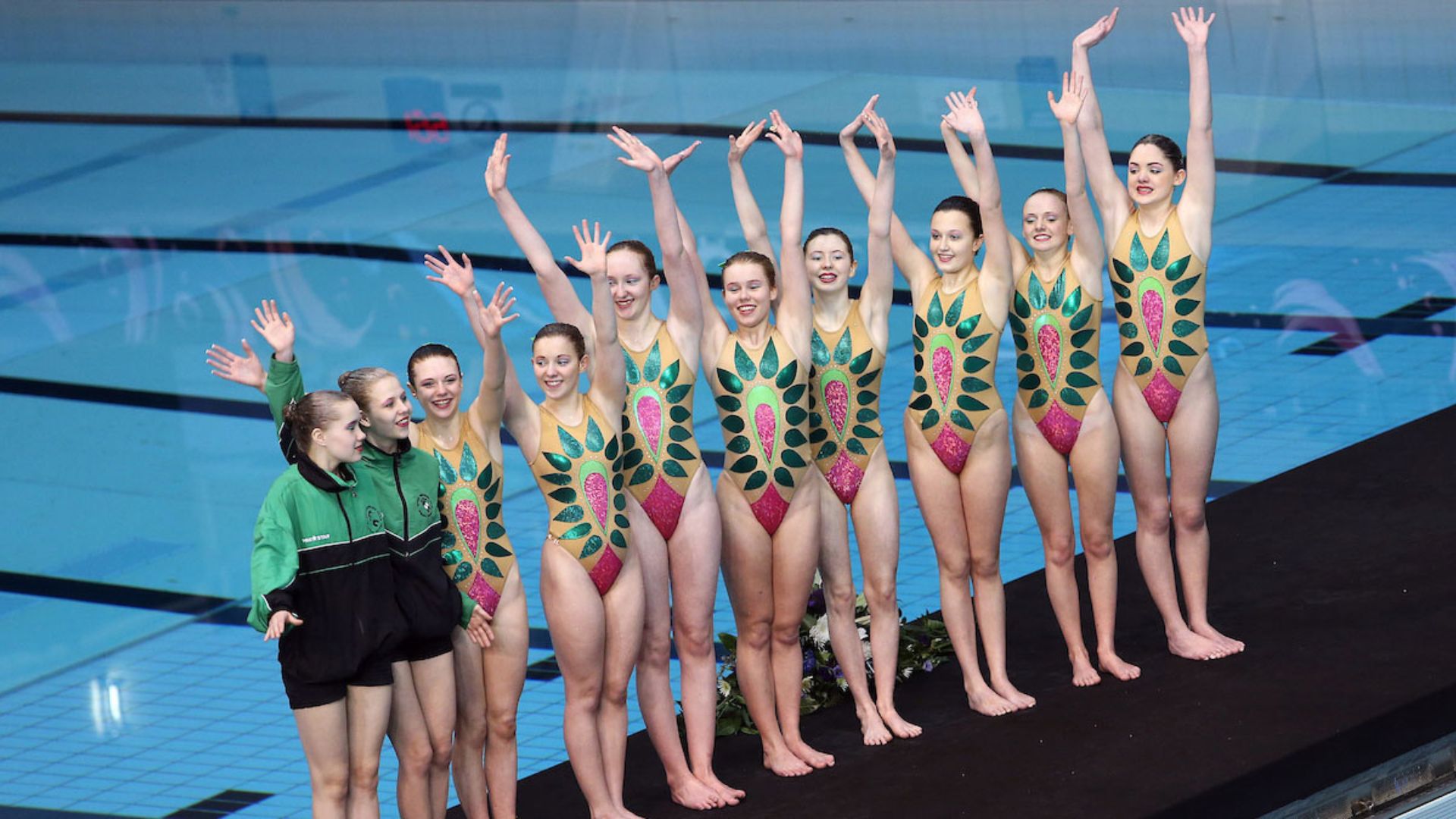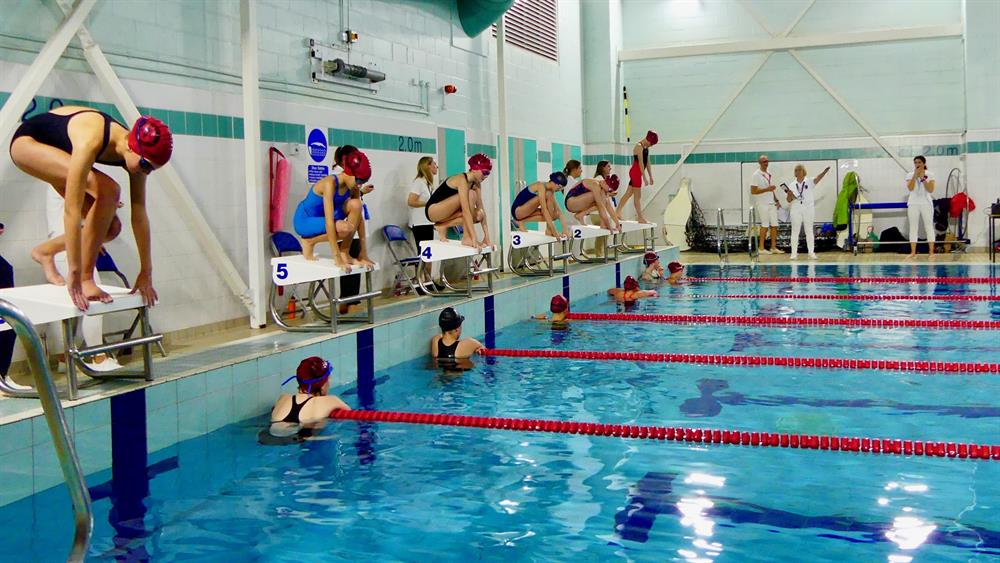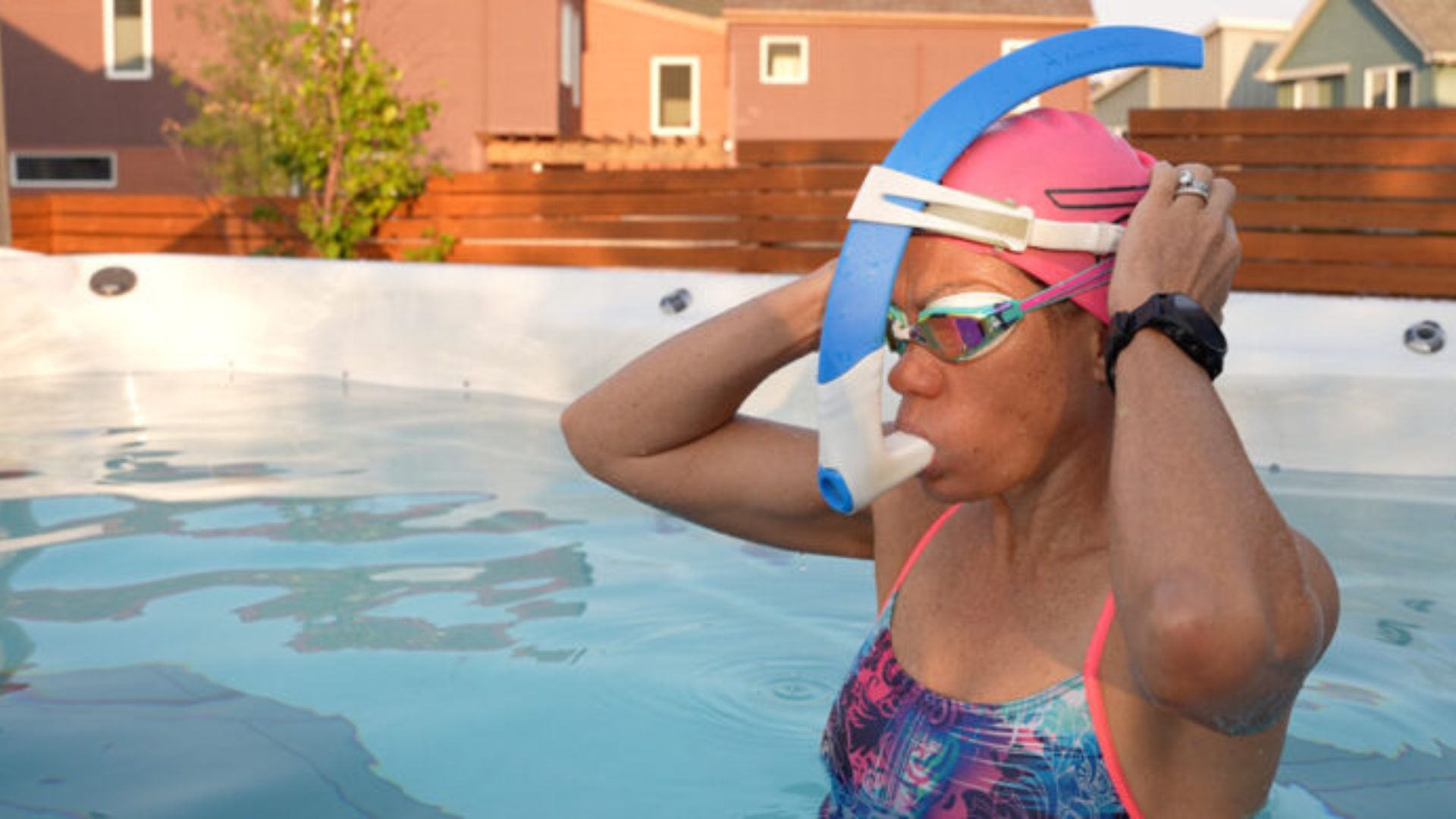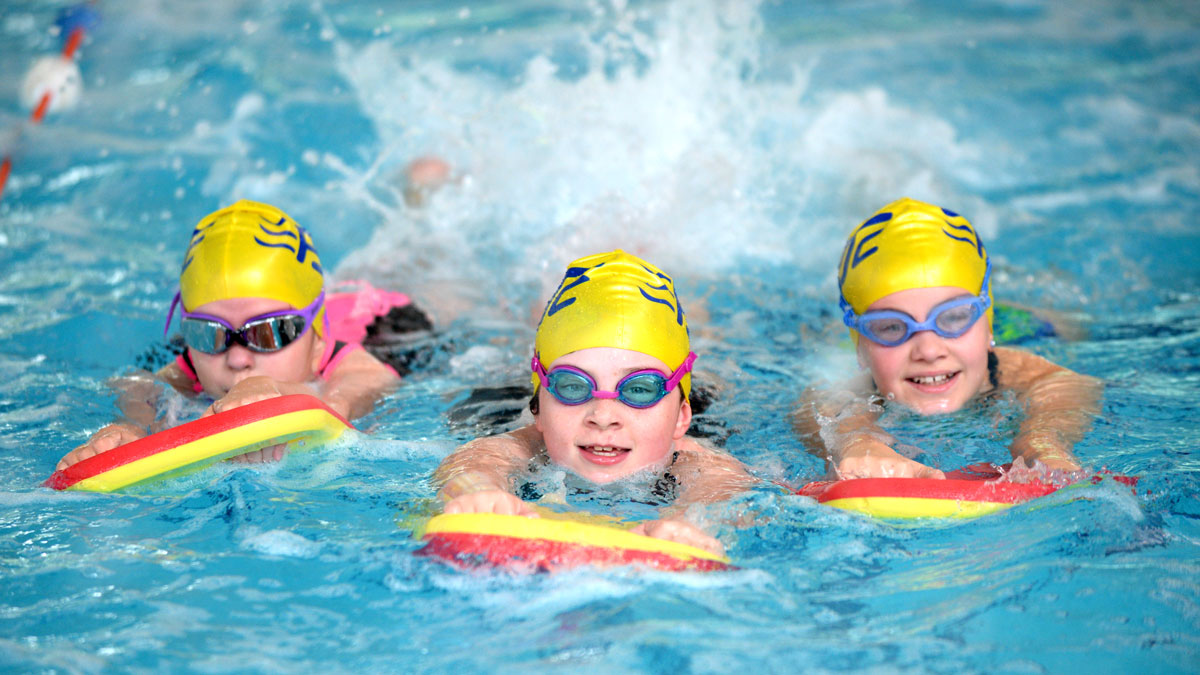Swimming clubs vary widely in their focus, goals, and membership demographics. Here are several types of swimming clubs commonly found:
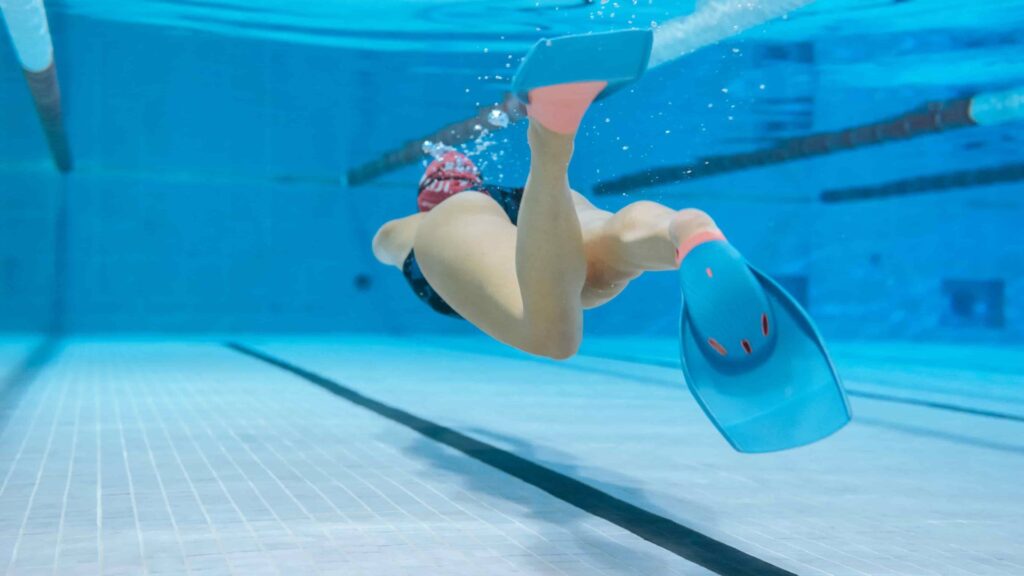
Competitive Swimming Clubs
Competitive swimming clubs are dedicated to training athletes for high-level competitions at local, regional, national, and international levels. These clubs feature intensive training programs led by specialized coaches who focus on improving stroke technique, building endurance, and refining race strategies.
Training schedules are structured to accommodate rigorous workouts aimed at enhancing performance in various swimming disciplines. Athletes in competitive clubs often commit significant time and effort to achieve their goals, participating regularly in swim meets and competitions to test their skills and measure progress. These clubs provide a competitive environment that fosters dedication, discipline, and achievement among swimmers aiming for success in competitive swimming.
Recreational Swimming Clubs
Recreational swimming clubs offer a welcoming environment focused on swimming as a leisure activity and skill development. These clubs cater to individuals and families seeking to improve their swimming abilities in a relaxed setting. They typically provide swim lessons for all ages and skill levels, emphasizing water safety, stroke refinement, and overall fitness.
Recreational clubs organize open swim sessions, family swim times, and social events that promote community engagement and enjoyment of aquatic activities. Members benefit from a supportive atmosphere where they can practice swimming techniques, stay physically active, and connect with others who share a passion for swimming as a recreational pursuit.
Masters Swimming Clubs
Masters swimming clubs cater specifically to adult swimmers aged 18 and older, focusing on fitness, competition, and camaraderie. These clubs offer structured workouts designed to meet the needs of adult swimmers of varying abilities and fitness levels. Coached sessions emphasize stroke improvement, endurance training, and preparation for masters-level swim meets and competitions.
Masters swimmers may include former competitive athletes maintaining fitness, adults new to swimming seeking skill enhancement, or individuals looking to stay active in a supportive aquatic environment. These clubs provide opportunities for adults to improve their swimming proficiency, achieve personal fitness goals, and participate in social activities with fellow swimmers.
Youth Development Clubs
Youth development clubs play a pivotal role in nurturing young swimmers and preparing them for competitive swimming or lifelong fitness. These clubs focus on age-appropriate training programs that prioritize fundamental swimming skills, stroke technique, and physical conditioning. Coaches tailor training sessions to accommodate the developmental stages of young swimmers, emphasizing fun, skill progression, and teamwork.
Youth swimmers participate in swim team activities, receive personalized coaching, and engage in friendly competitions that promote sportsmanship and goal achievement. Youth development clubs provide a supportive environment where young athletes can build confidence, develop a love for swimming, and lay the foundation for future success in competitive or recreational swimming endeavors.
Conclusion
